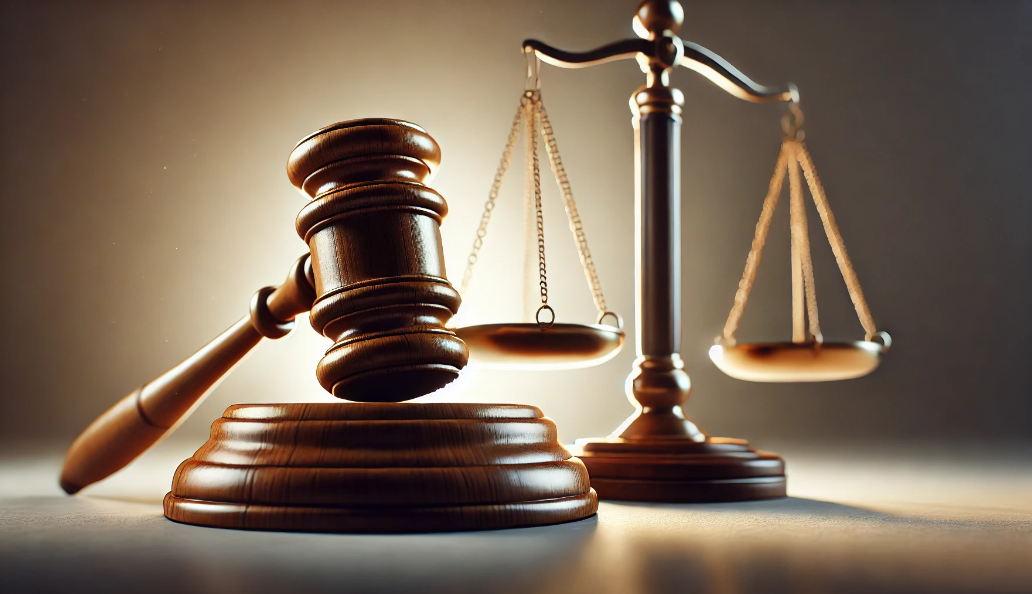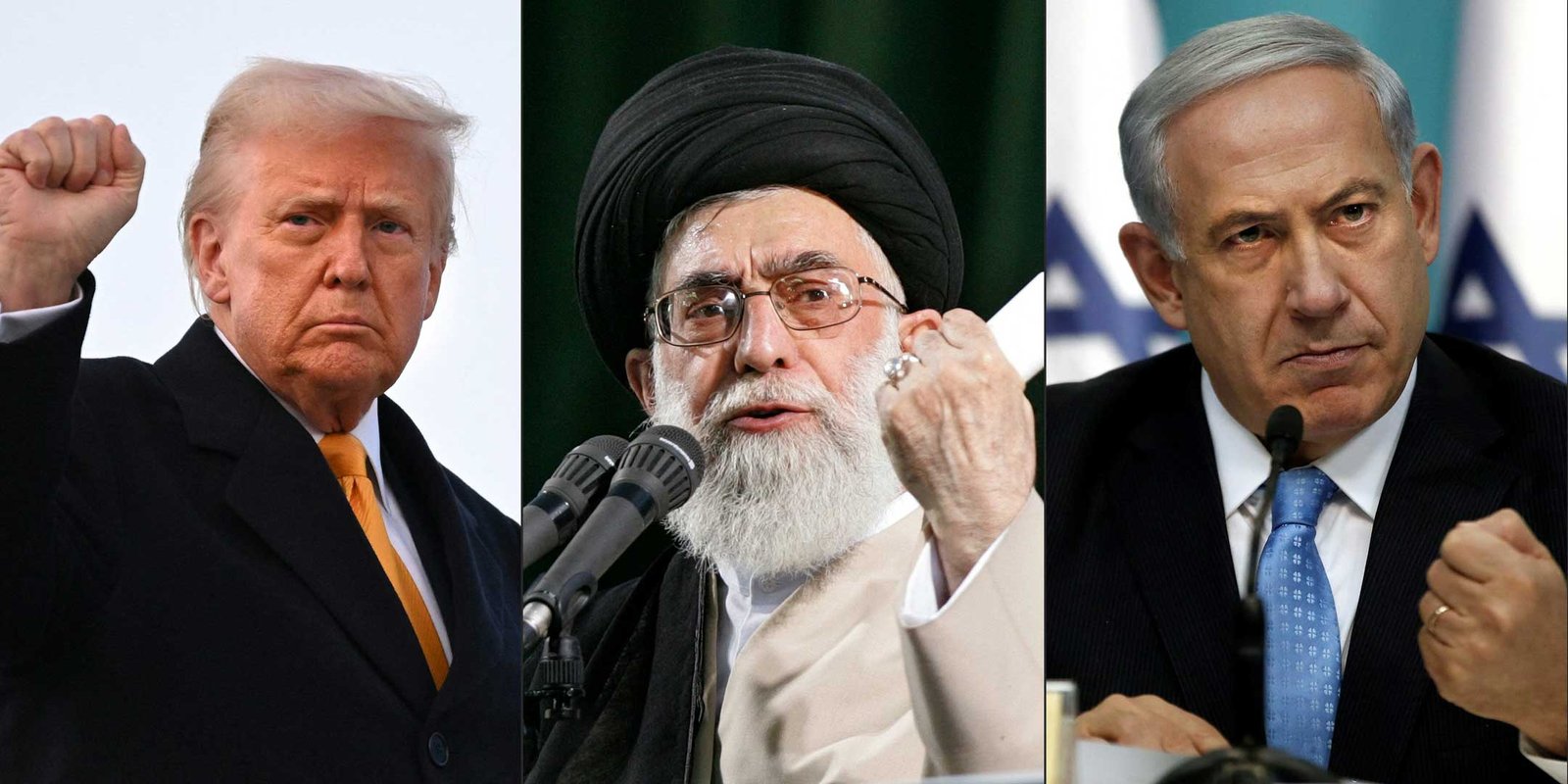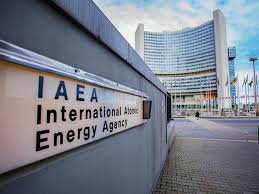Article 10A, as a fundamental right, provides that a person shall be entitled to a fair trial and due process for the determination of his civil rights. Article 142 (b) allows concurrence on criminal law, criminal procedure & evidence.
Article 10A, as a fundamental right, provides that a person shall be entitled to a fair trial and due process for the determination of his civil rights. Article 142 (b) allows concurrence on criminal law, criminal procedure & a provincial assembly necessarily can also enact it.
Then, the claims of Tort, contracts, equitability, tenancy, family, property, title, etc. are trialed at civil courts.
The phases involved in the trial make it costly, painstaking, and incompetent. Suit filing, summoning, statement, written reply, introspection , recovery, evidence, witness, cross, and much more make it a laborious endeavor . It takes years without decrees, orders, or judgments.
Article 175 ensures the separation of the judiciary from the executive as it is vital for an independent judiciary. Separation of powers or checks and balances are important concepts. Likewise, the government has three parts and all of them are interdependent, therefore, Legislature & executive must support the judiciary through legislation and implementation mechanism. Similarly, the judiciary can’t be functional without Legislature & executive. The executive is an arbitrary power & puts the biggest challenge to the cause of trial. But, this is also the best solution if performed as per law. The mode of an executive is competent, speedy & effective.
Preferably, a Criminal trial should be independent of the executive but a Civil trial can take support from the executive. Judgment & execution can’t be delivered proficiently without the support of the executive.
Inherently, the executive is performing the same objectives as those of civil courts. Therefore, it won’t be a bad idea to allow the executive as a screening phase of civil suits & civil courts are then involved at the appellate stage. Owing to the judicial nature of civil processes, the civil trial becomes unending. The capacity of the trial management bodies & codes requires technical & digital enhancement.
The phases of a civil trial should decrease to suit-filing, reply, evidence & judgment. CPC act should incorporate smart, effective & functional phases of the civil trial. There is nothing wrong in it to empower judges in terms of procedures. Digitalization of civil trials is easily achievable now. The executive should hold summary trials of civil rights except those of judicial nature and then, courts should take summary judgments as appeals. It will enhance case resolution index.
How can we allow the procedural law to dictate the substantive law & ultimately the cause of justice?

















